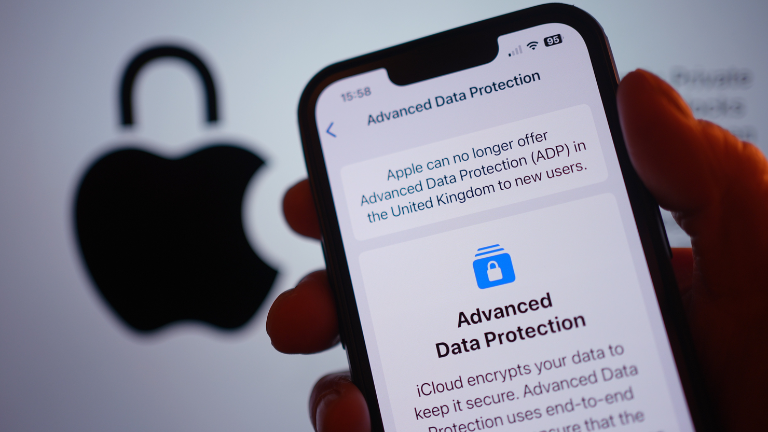Generative AI in Healthcare: Can It Be Trusted for Medical Advice?
More people are relying on Generative AI in Healthcare to answer health-related questions. AI-powered tools like ChatGPT, Google Gemini, Microsoft Copilot, and Meta AI are now frequently used to learn about symptoms, medical conditions, and treatments.
However, while Generative AI in Healthcare offers instant, accessible information, the risk of misinformation and incorrect medical advice is a growing concern.
Key Takeaways on Generative AI in Healthcare:
- 9.9% of Australians used ChatGPT for health questions in early 2024.
- 61% asked high-risk medical queries requiring clinical expertise.
- People with low health literacy rely more on AI for health advice.
- AI tools struggle with accurate translations in non-English languages.
Despite its benefits, Generative AI in Healthcare presents significant risks, especially when users rely on AI responses over professional medical advice.
Who Uses Generative AI in Healthcare?
In June 2024, a study surveyed over 2,000 Australians about their use of Generative AI in Healthcare. The findings reveal:
- 10% of users turned to AI tools like ChatGPT for health information.
- Trust in AI for healthcare was moderate (3.1 out of 5).
- Higher AI reliance was observed among those with lower health literacy.
- Non-English speakers and migrants used AI tools more frequently.
The study highlights a growing reliance on Generative AI in Healthcare, particularly among those facing barriers to traditional medical resources.
Most Common Health Questions Asked to AI
Users turned to Generative AI in Healthcare for:
- Understanding health conditions (48%)
- Interpreting symptoms (37%)
- Finding recommended treatments (36%)
- Clarifying medical jargon (35%)
While these queries seem routine, 61% of users asked questions requiring medical judgment, which AI tools are not equipped to handle safely.
💡 Risk Alert:
AI cannot replace a doctor’s expertise when diagnosing symptoms or making treatment recommendations. Relying solely on AI could lead to misdiagnosis and delayed medical care.
Why Does AI in Healthcare Matter?
The use of Generative AI in Healthcare is projected to increase significantly.
📊 Key Findings:
- 39% of non-users plan to consult AI for health advice within six months.
- AI tools are widely used for medical translations, often inaccurately.
- Limited accuracy in non-English languages poses additional health risks.
The rapid adoption of Generative AI in Healthcare makes it essential to develop AI health literacy to prevent misuse and misinformation.
AI Health Literacy: What You Need to Know
With the increasing use of Generative AI in Healthcare, there is a pressing need for AI health literacy—the ability to evaluate AI-generated medical information critically.
- AI can simplify complex medical terms, making health information more accessible.
- However, AI lacks medical expertise and may provide misleading or incomplete advice.
- General-purpose AI tools are not designed for personalized healthcare recommendations.
How to Use AI for Health Safely:
- Use AI for general medical education, not for critical health decisions.
- Always cross-check AI-generated information with medical professionals.
- Understand that AI lacks clinical reasoning and personalized medical insights.
By building AI health literacy, users can benefit from Generative AI in Healthcare while minimizing risks associated with incorrect AI-driven medical advice.
Where to Find Reliable Health Information?
Instead of relying on Generative AI in Healthcare for critical medical decisions, users should consult trusted health services.
Reliable Alternatives to AI-Based Medical Advice:
- HealthDirect – A free national helpline where registered nurses guide health concerns.
- SymptomChecker – Online tool to assess symptoms and next steps for medical care.
- Official Health Agency Websites – Such as WHO, CDC, and government health portals.
💡 Best Practice:
AI should complement, not replace, professional healthcare guidance.
The Role of Generative AI in Healthcare
- Generative AI in Healthcare is increasingly used for medical queries.
- AI lacks clinical expertise and may provide incorrect medical advice.
- High-risk questions (61%) should always be answered by medical professionals.
- AI health literacy is crucial to navigate AI-based health resources safely.
- Trust reliable health sources, not just AI-generated responses.
As AI tools evolve, the need for responsible usage in healthcare becomes more urgent.
💬 What’s your opinion on Generative AI in Healthcare? Would you trust AI for medical advice?







